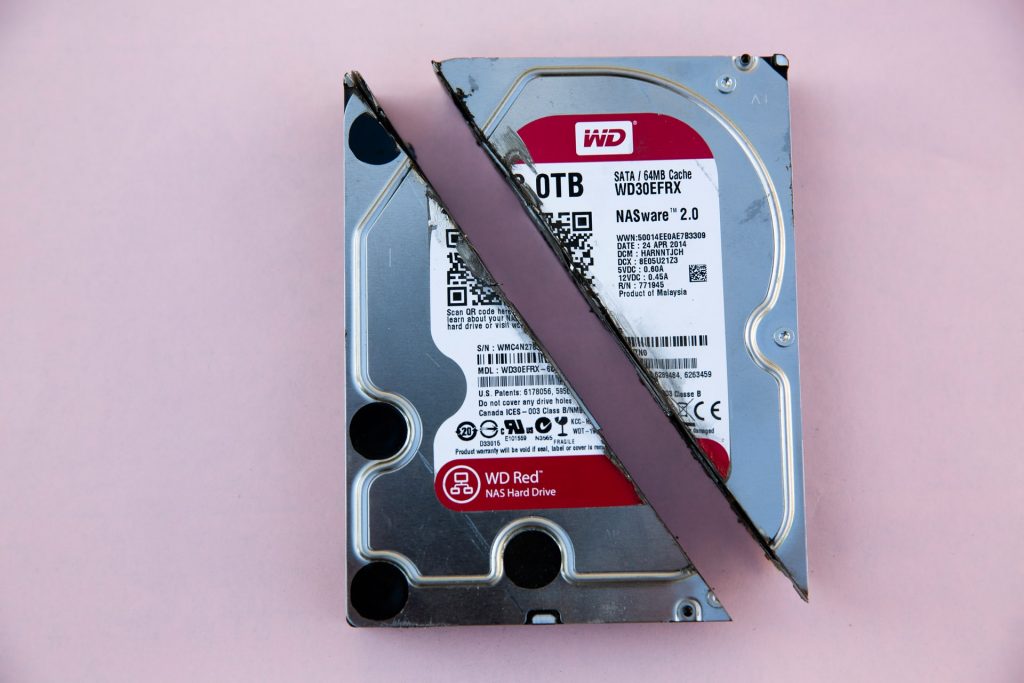Because of issues such as possible data breaches, accidental deletions, and, as of recent, the COVID-19 pandemic, having an effective data backup and recovery solutions is crucial to businesses. In case something happens, you would be assured that important files and information would not be deleted with no other surviving copies. This is why more companies from various industries are availing this for their operations.
While getting these solutions is highly recommended, however, first you must be aware of how it works. This also means clearing up any misconceptions, good or bad, about it.
Misconception #1: Simply duplicating your data is enough
Yes, it’s true that having multiple copies of data is helpful in ensuring you have something to fall back on in case of any disaster. But it doesn’t stop there. You also need to make sure that you have multiple copies placed in different types of media and in one offsite copy, as per the 3-2-1 rule in backup. You never know what disaster can happen to your onsite storage, so having something outside of that helps establish safety nets in case of similar issues.
Misconception #2: Any data can be recovered easily with the right tools
Most people have the notion that no matter what happens, files can still be recovered with proper tools and skills. While it is indeed possible, this can take a long time to complete, weeks even. This is because, without the raw data, it will be quite difficult to start from scratch to recover what was lost. The best thing to do to prevent such happenings is really to have dedicated backup copies so you still have some raw data, making the acquisition of lost data much easier.
Misconception #3: Backups are safe from possible breach
As a default, storage solutions offered by providers are equipped with systems that prevent malware and ransomware from infecting data. This doesn’t mean, however, that there’s no possibility of it happening either way. In fact, such viruses can render your backup data unusable. This can be prevented by air gapping, which is the act of separating a device from other networks so it can serve as an offline copy in case online systems are compromised.
Misconception #4: Only large businesses need backup solutions
Sure, the larger the enterprise, the bigger the data bank, the more crucial it is to have backup and data recovery services at your disposal. But this doesn’t mean small businesses have no need for it. In fact, it’s possible you may need it even more as you’re more vulnerable to attacks as a small venture. As long as you have anything that you can’t risk being compromised or lost lest it affects your business greatly, then you need to have access to the aforementioned services.
Misconception #5: Backup is infallible
Even with the benefits of data backup and recovery solutions, it still comes with limitations. For example, not all backups may be usable due to it being corrupted along the way. Another is that while snapshot backups are helpful, they can only restore systems, not store data. With technology constantly evolving, the service can still improve, so you need to ensure you cover these weak points with proper complementary solutions.
All things considered, this type of service is quite helpful for any type of venture. But you must know what applies to these solutions and what are just exaggerations or misconceptions about it in order to use them properly. If you need help in determining which is which, talk to your managed services provider and take their expertise into consideration.
Interested in backup services? Get started with Sandz Solutions!

